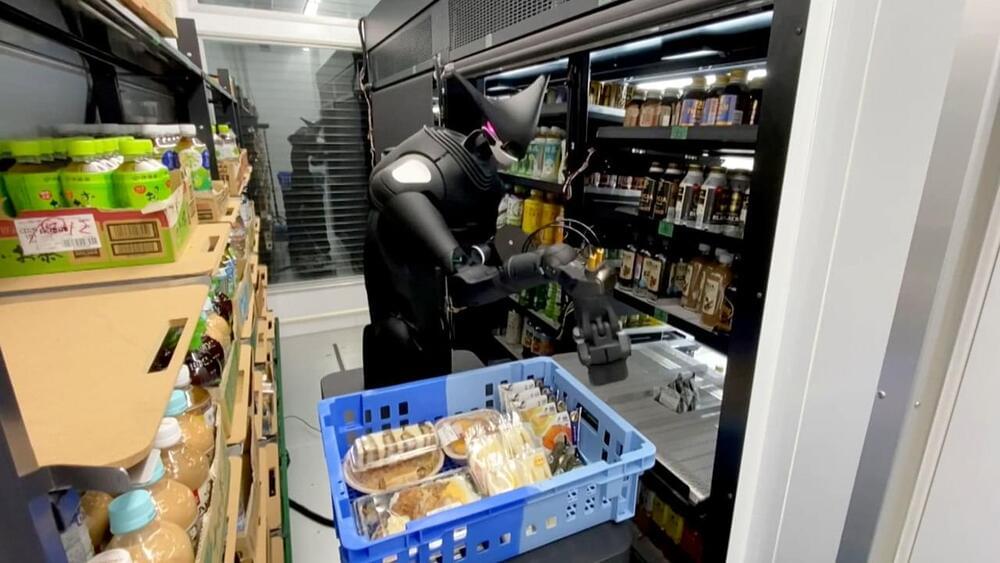Remote work is expanding into many other areas besides office work. Robots and remote-control technology make a greater range of tasks possible, from stocking convenience stores, to operating heavy machinery and even serving as a labor force in space. A key advantage of remote-controlled robots is that they do not require the kind of complex programming found in automated robots, such as industrial robots that work in factories. This means that remote-controlled robots are more flexible, easily adapting to work that cannot be programmed. Greater use of this technology can allow robots to take over dangerous and exhausting work, subsequently helping to deal with labor shortages and improve work environments. In this episode, we’ll look at the forefront of remote robotics, and see examples of how this technology could transform work.
[J-Innovators]
A muscle suit for back protection.
